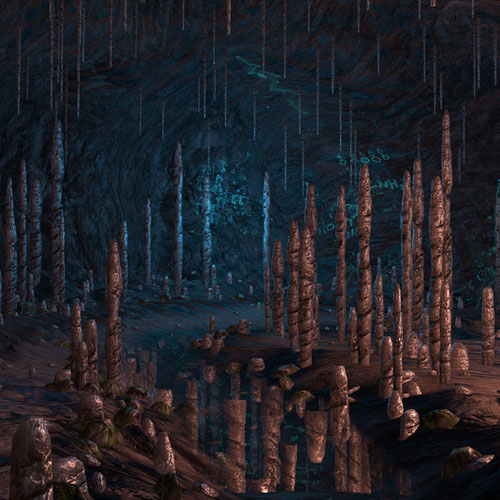
Together, these exciting and enlightening examples provide a convincing case for how interactive play can power the experience of the past and vice versa.My name is Craig Richards and I am an Environment Artist from the United Kingdom. The book also includes a crowd-sourced chapter in the form of a question-chain-game, written by the Kickstarter backers whose donations made this book possible.
#Import dear esther maps into 3dsmax how to
They address such topics as how thinking about and creating games can inform on archaeological method and theory, how to leverage games for the communication of powerful and positive narratives, how games can be studied archaeologically and the challenges they present in terms of conservation, and why the deaths of virtual Romans and the treatment of video game chickens matters.
#Import dear esther maps into 3dsmax series
The Interactive Past brings together a diverse group of thinkers - including archaeologists, heritage scholars, game creators, conservators and more - who explore the interface of video games and the past in a series of unique and engaging writings. Games and other interactive media are not only becoming more and more important as tools for knowledge dissemination and heritage communication, but they also provide a creative space for theoretical and methodological innovations. Just as video games have embraced the past, games themselves are also emerging as an exciting new field of inquiry in disciplines that study the past. This has allowed hundreds of millions of people to experience humanity's diverse heritage through the thrill of interactive and playful discovery, exploration, and (recreation n. From seminal series like Sid Meier's Civilization or Assassin's Creed to innovative indies like Never Alone and Herald, games have integrated heritages and histories as key components of their design, narrative, and play. Video games, even though they are one of the present's quintessential media and cultural forms, also have a surprising and many-sided relation with the past. Can games also be used to promote traditional literary mediums as well as experiential and immersive archives? Digital Humanities has moved to a more immersive, participative, tool-making medium, a recent report on digital archives has proposed digital tools integrate with history curricula (Sampo, 2014) and that “digital history may narrow the gap between academic and popular history”. The latest version of a 20 year-old game franchise, Skyrim has inspired various writings and musings on its relation to Digital Humanities. Available online at: This article evaluates the practical limitations and dramatic possibilities of modding (which means modifying) the commercial role-playing game Elder Scrolls V: Skyrim for the visualization and exploration of literature. Sheffield: HRI Online Publications, 2015. In: Proceedings of the Digital Humanities Congress 2014. 'Ludic Literature: Evaluating Skyrim for Humanities Modding'. This is an author draft of a paper that will be available soon as below: Champion, Erik Malcolm. In this way, it may be possible to deliver cultural content not only to the public, but indeed through the public. It is argued that this offers a possibility for an alternative approach to cultural heritage in games, where experts collaborate with audiences to modify existing commercial video games for heritage purposes.

Simultaneously, commercial games often attract strong fan communities, and in many cases the fans modify games for their own purposes, in some cases specifically to enhance the cultural content or to adapt the game to a particular historical setting. As a consequence, purpose-built serious games are often unsuccessful, and have difficulty retaining an audience.

Using a range of examples mainly from the role-playing game (RPG) genre, this paper explores the challenges of working with video games for culture, and argues that in the academic field, dependence on limited funding presents a significant barrier to exploring cultural heritage through such projects.

Numerous scholars have not merely examined these possibilities, but made attempts to realise them by developing culture-oriented games. The concept of applying of applying video game technology for the exploration and popularisation of cultural heritage is a powerful one, offering many possibilities and advantages.


 0 kommentar(er)
0 kommentar(er)
